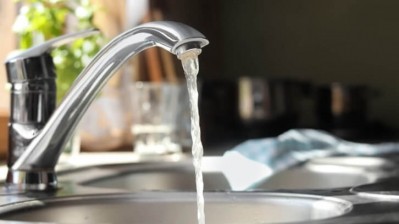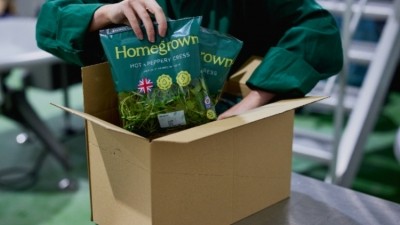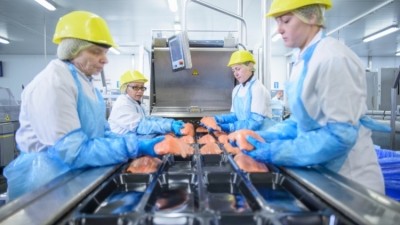Opinion
Sustainability in sanitation while handling and storing food

Sustainability Challenges
When it comes to food manufacturing, cleanliness cannot be compromised at any point in the supply chain.
This means stringent processes and regular sanitation of machinery, surfaces, storage, trays, cold stores, vehicles, and warehouses – while ensuring that raw ingredients are clean and safe as well. A huge amount of cleaning is required to ensure compliance with health and safety regulations.
It’s understandable why many manufacturers responsible for handling and storing food heavily rely on large quantities of harsh chemical-based solutions to maintain hygiene standards.
Even though cleaners used in the industry are classed as ‘food safe’ and meet relevant BS EN standards regarding performance and safety, this does not mean they are sustainable. In fact, the opposite may be true!
Ultimately, when food manufacturers choose chemical-based cleaning solutions, they invariably compromise on sustainability.
In addition to being energy, carbon and water-intensive products, many traditional cleaning solutions may not be biodegradable and may end up washed into streams, rivers, and the sea – entering the food chain and impacting marine aquatic life.
These products are often packed in single-use packaging contributing to the rising waste and landfill issues, further disrupting the environment.
Maintaining Results Sustainability
Cleaning performance is the number one priority when choosing a sanitising solution for the food industry – and the effectiveness of sustainable, natural cleaning products has long been viewed with suspicion.
Many still hold misconceptions about the performance of natural cleaning solutions regarding adequate sanitation and longevity. There is also a belief that natural means more expensive!
Historically, these misconceptions may have been true, but the rising demand for sustainability has rapidly developed effective and innovative green cleaning solutions.
Today, natural, sustainable cleaners on the market can offer comparable performance, sanitation lifespan, and cost-effectiveness to traditional solutions while delivering significant sustainability benefits.
Today, there are solutions available that are fully biodegradable, renewable, non-toxic, and kind to the environment.
At Bioshield Systems, we use a solution manufactured from waste oranges, so not only is it natural and food safe, but it also powers a circular economy by reducing waste and the need to gather new resources for manufacturing.
Such natural alternatives use naturally occurring flavonoids, acids, and enzymes to effectively break down oils, fats, and proteins, boosting their effectiveness in the sanitation of surfaces and food.
For food manufacturers serious about improving sustainability, it offers an easy win – fitting into existing protocols and processes, delivering on cleaning performance, and helping businesses improve their environmental credentials.

















